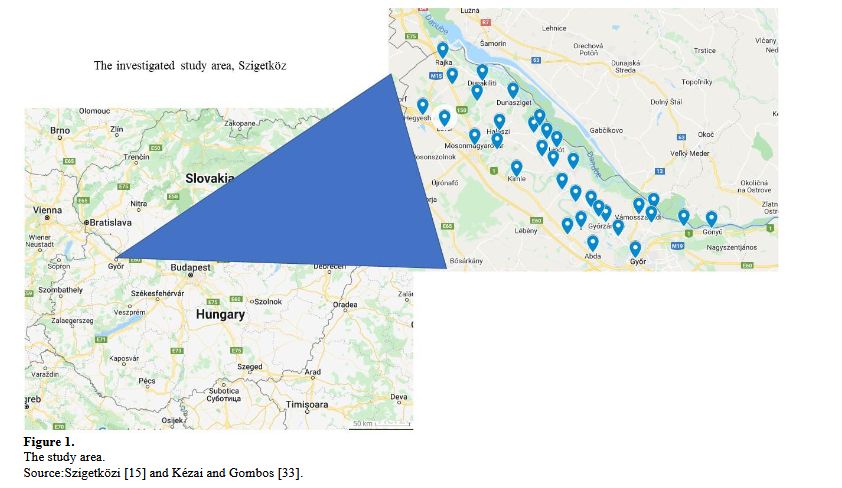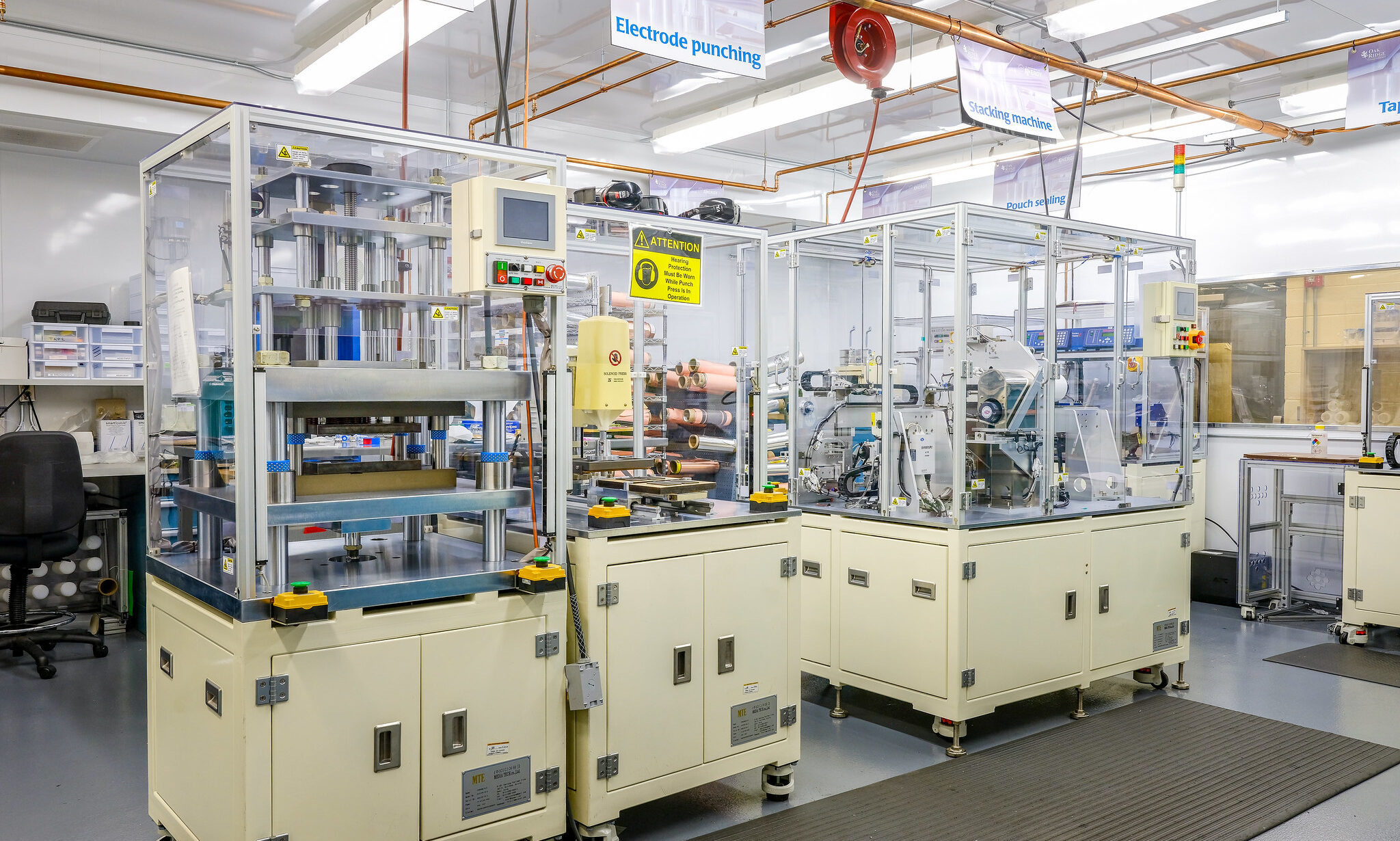The presentation will take place in a hybrid format via zoom interface and in person in room K.13-14; 16 May 2024 from 13:00.
Előadó: Luis Orea
Cím: Beyond Borders: How Spillovers and Commercial Networks Shape European Productivity
Abstract: Understanding the drivers of economy-wide productivity growth has long been of interest to academics and policy makers. In this paper, we contribute to this literature by conducting a comprehensive analysis of the impact of technical change and catching-up on economic development in European regions. In doing so, we differentiate the internal productivity growth of each sector from the external spillover effect across both regions and sectors. As far we are aware, this is the first attempt to consider inter-regional links and the position of regions within the commercial network when measuring regional and sectoral TFP growth in Europe. Our empirical growth model is inspired by Liu et al. (2022) and Liu and Sickles (2023), who developed an empirical growth model with spatial externalities in knowledge. We model the spatial interdependencies among the European regions using inter-regional and inter-sectoral input-output tables from the EUREGIO database. Regions differ considerably from countries in terms of inter-sectoral linkages. They are more open to trade, which exposes them to important external dependencies. Indeed, our empirical application shows that the trade-related spillover effects are far from negligible. We conduct various counterfactual analyses to explore the productivity effect of several interesting factors, such as changes in trade size and trade network, and TFP improvements due to digitalization. We also simulate the global effects of both the collapse of the construction sector and the start of the financial crisis.
Bio: Luis Orea is a full professor (CU) at the Department of Economics at the University of Oviedo, he is also the director of the Oviedo Efficiency Group (OEG) at the same university. His research focuses are efficiency and productivity analysis, econometric modelling, agricultural economics, energy economics, regulation and competition, spatial economics.







